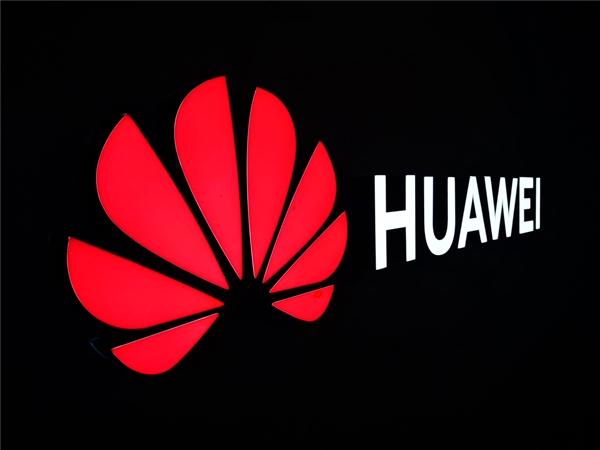Despite facing extensive trade sanctions, Huawei Technologies has stunned the market by rolling out its new Mate 60 Pro 5G smartphone series. Only a few months ago, Huawei’s deputy chairman Eric Xu Zhijun dismissed the idea of a new 5G release, citing the need for U.S. Department of Commerce approval for 5G chips. However, the company surprised many with a pre-sale campaign for the Mate 60 Pro and Mate 60 Pro+ in late August, quietly reigniting its presence in the 5G smartphone market.
The chips appear to be fabricated through restriction-friendly techniques
The new 5G handsets come with a central processing unit (CPU) shrouded in secrecy, believed to be the Kirin 9000s. Both Huawei and the mainland chipmaker SMIC have been tight-lipped about the system-on-a-chip (SoC) used. This secrecy has fueled speculation and debate on how Huawei managed to produce these chips, especially under stringent U.S. sanctions. The chips are suspected to have been fabricated through techniques that bypass the restrictions, a theory that if confirmed, could prove a violation of U.S. sanctions.

While the launch of Huawei’s new phones stirred nationalist pride on Chinese social media platforms, it also ignited a discourse on the limitations of trade sanctions in curbing technological growth. The smartphones’ success challenges the efficacy of U.S. trade sanctions, as analysts indicate that Huawei has already exceeded its shipment targets. Many wonder how this resurgence will affect competitors like Apple and other Android flagship models, putting additional pressure on the smartphone industry in a bit of a slump.
Huawei’s rebound isn’t merely a win for the company; it poses questions about the effectiveness of trade sanctions as a tool for technological containment. If a company under such restrictions can innovate its way around them, it provokes a reconsideration of how trade policies are enacted and enforced. Meanwhile, Huawei’s ability to sustain this momentum hinges on a stable supply of key components and overcoming U.S.-imposed limitations on its supply chain.
RELATED:
- GAC Trumpchi ES9 PHEV SUV Pre-Sales Begin in China with Free Huawei Mate 60 Pro
- Huawei Nova 11 SE full specifications emerge, October launch expected
- Best Wireless TWS with Unique Design in 2023: Nothing, Sony & More
(Via)







